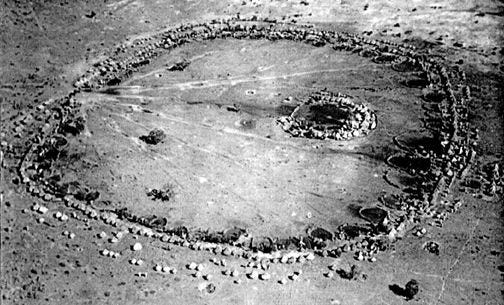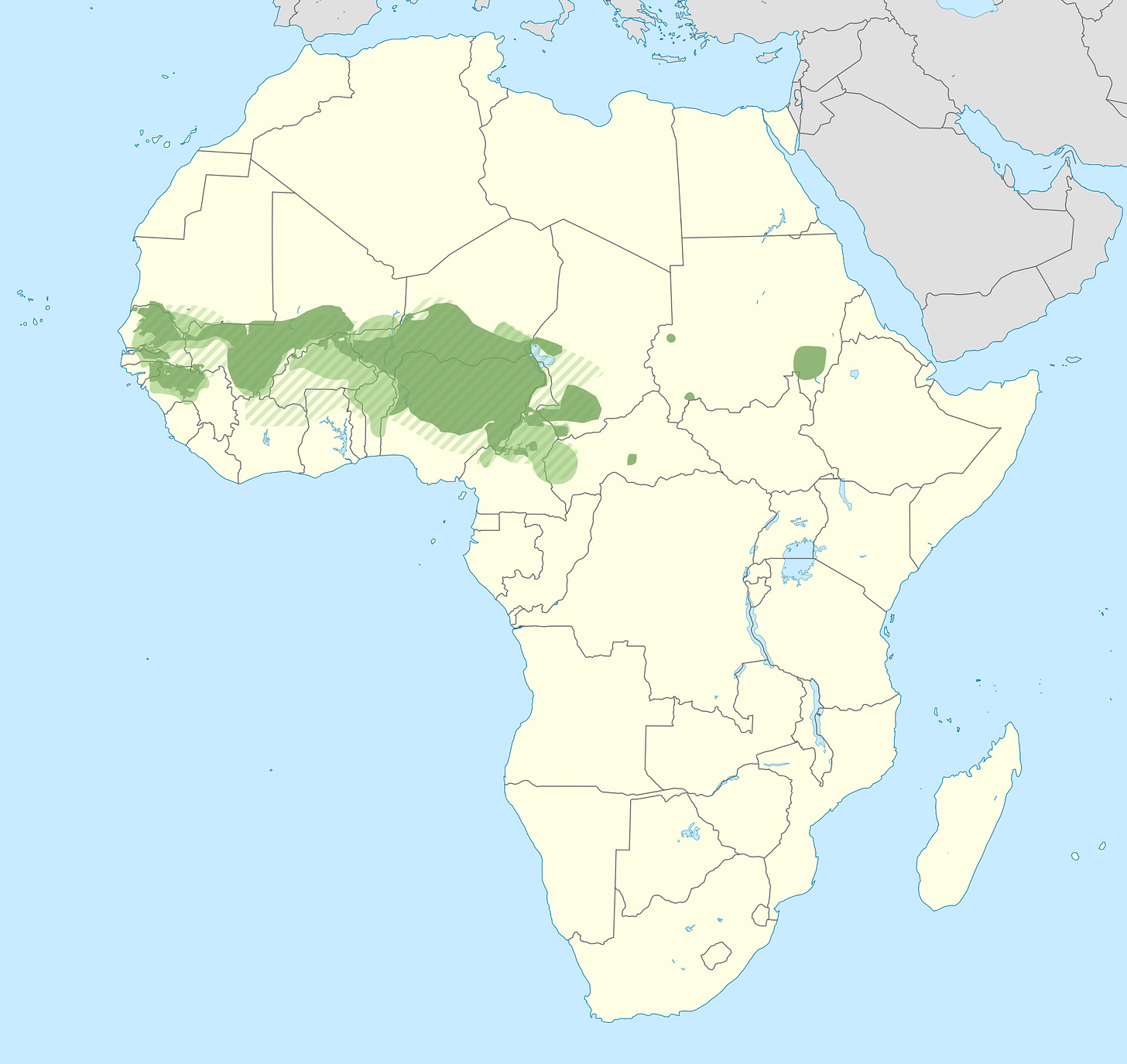🔅 Olympics: Africans Shine Despite Institutional Hurdles
Saving a Language from Extinction & China's TV Charm Offensive
Image of the Day

Spotlight Stories
African Olympians: Shining Stars Despite Institutional Hurdles
Oh, the Olympics – a time when the world comes together to celebrate the pinnacle of human athleticism, and apparently, a time when some African countries decide to showcase their talent for dropping the ball.
The 2024 Paris Olympics have wrapped up, and while there were plenty of incredible performances, Team Nigeria and Team Ghana left the City of Light empty-handed. This marked the first time since the 2012 London games that Nigeria failed to bring home a medal, despite sending 88 athletes across 12 sports. Ghana, meanwhile, sent eight athletes across two sports, but also came up short.
Nigeria's D'Tigress women's basketball team, however, proved that talent and determination can take you far, even when your country's sports federation seems to be working against you. The team advanced further than any other African country (male or female) in basketball, beating top-ranked teams like Canada and Australia before being knocked out by Team USA in the quarter-finals. Coach Rena Wakama was even honored as Best Coach in the women's basketball tournament by the International Basketball Federation.
But the lack of medals is just the tip of the iceberg when it comes to the problems plaguing African sports federations.
Take the case of Nigerian sprinter Favour Ofili, who wasn't even entered for the 100m race, a category in which she would have excelled. Despite this setback, Ofili pressed on, running the 200m and coming second in the semi-final and sixth in the final. To add insult to injury, as she left the tracks, there was no one from the Nigerian sports committee there to cheer her on.
Nigeria's Minister of Sports Development, John Owan Enoh, acknowledged the shortcomings in a statement on X (formerly Twitter), apologizing to the nation and promising a comprehensive evaluation of what went wrong. He blamed the poor performance on a lack of adequate preparation time, claiming that preparations hadn't even started when he took office in August 2023.
But here's the thing – African athletes from Nigeria and Kenya who competed for other countries managed to snag medals in their respective competitions. Hammer thrower Anette Nneka Echikunwoke, who represented Nigeria at the 2020 Olympics, won silver for her birth country, the U.S., after the Athletics Federation of Nigeria failed to conduct mandatory tests, ruling her and nine others out of the Tokyo competition. Nigerian-born athletes Salwa Eid Naser (silver, women's 400m) and Yemisi Ogunleye (gold, women's shot put) also found success competing for Bahrain and Germany, respectively.
Former Nigerian presidential candidate Peter Obi condemned the "rascality and recklessness" that has characterized leadership in the country, warning that if this continues, African countries could see fewer athletes willing to represent nations that consistently let them down.
So, while African athletes continue to shine on the global stage, it's clear that their home countries need to step up their game when it comes to supporting and nurturing their talents. After all, it's hard to win a race when your own team keeps tripping you up at the starting line.
China's Satellite TV Charm Offensive in Africa: A Hit or Miss?
China has been on a mission to win over African hearts and minds, and what better way to do that than through the power of television?
Back in 2015, Chinese President Xi Jinping made a grand promise to provide satellite TV access to over 10,000 remote African villages. Fast forward to today, and the project is nearly complete, with over 9,600 villages now equipped with Chinese-funded satellite dishes.
StarTimes, a private Chinese company, was tasked with making Xi's satellite TV dreams a reality.
And since, the company has become one of the largest digital TV providers in the region with over 16 million subscribers thanks to their Competitive pricing and a diverse range of content, from Chinese dramas to African football.
But has this "soft power" initiative truly paid off for China?
Here’s the good: Villagers Tune In
Many villagers were thrilled to have access to satellite TV for the first time, allowing them to watch major events including the Olympics.
Community centers like schools and hospitals enjoy free StarTimes subscriptions, providing entertainment and education.
The Bad: Subscription Woes and Outdated Content
The initial excitement faded for many when the free trial period ended, with several households finding the ongoing subscription costs too burdensome.
And some villagers found the Chinese content outdated and stereotypical, with one-dimensional characters and predictable themes. 😴
Despite StarTimes' success as a private company, the satellite TV project's image-building effect for China has been lackluster.
And, according to the BBC, while China's satellite TV charm offensive may have won some hearts in Africa, it seems there's still work to be done in truly capturing the minds of the continent's viewers.
Microsoft Saves a Language from Digital Extinction
Imagine wanting to send a quick text message to your best friend, but your native language didn’t exist in the digital realm. That's the reality for the Fulani people of West Africa, whose Pulaar language had no written alphabet for most of its history. It's a communication breakdown of epic proportions.
But in the late 1980s, two Fulani brothers, Ibrahima and Abdoulaye Barry, decided to take matters into their own hands. They pulled countless all-nighters to create ADLaM - an acronym for a phrase that essentially means "this alphabet is Fulani culture's knight in shining armor."
Fast forward to 2019, and Microsoft swoops in, collaborating with the Barry brothers and the Fulani community to craft a digital typeface for ADLaM. For designers, it's the ultimate dream project. When you're creating an entire alphabet, you're not just making an ad that'll be forgotten faster than last week's viral meme. You're leaving a legacy that will stand the test of time.
Now, thanks to Microsoft's quest, ADLaM is available on all your favorite Microsoft 365 applications. Fulani entrepreneurs and educators are using their native language to conquer the digital landscape. It's not just about preserving a language - it's about empowering a people to participate fully in the modern world.
The best part? Microsoft didn't even need a flashy marketing campaign to promote their efforts. They simply did the work and let it speak for itself (pun intended). Turns out, when you help save a language from digital extinction, people take notice.
Food for Thought
“Glory does not come by calling.”
— Akamba Proverb, Kenya





